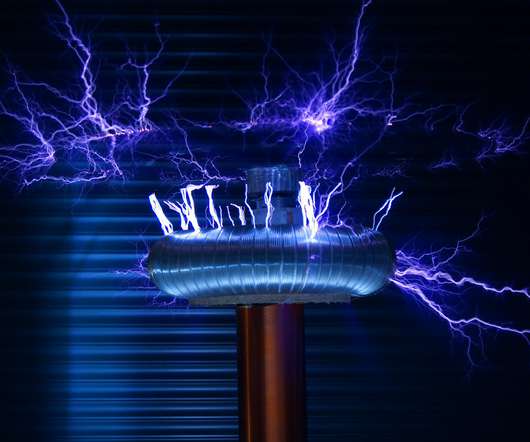Bosch study highlights potential of e-fuels to reduce CO2 emissions
Green Car Congress
AUGUST 22, 2017
According to a new study by Bosch, the use of e-fuels—synthetic fuels based on renewable energy—in Europe by 2050 as a scheduled supplement to electrification could save up to 2.8 Present studies suggest that the fuel itself (excluding any excise duties) could cost between €1.00 liter (US$4.47 gallon US) in the long run.









































Let's personalize your content